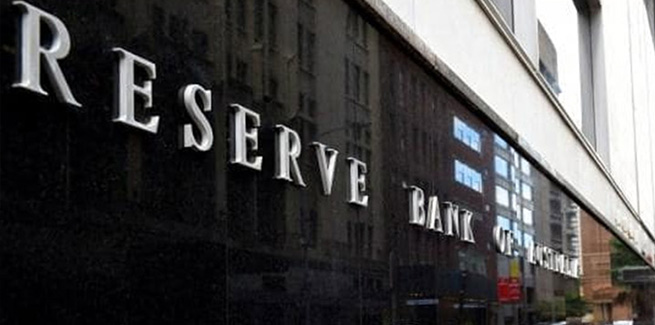The Reserve Bank of Australia (RBA) has held the official cash rate at a record low of 0.25 per cent, in line with market expectations.
RBA governor Philip Lowe previously stressed that the cash rate would remain unchanged for “some years to come”, with the COVID-19 crisis stifling progress towards the RBA’s employment and inflation targets.
Mr Lowe has also acknowledged the limitations of monetary policy, which he said would play second fiddle to fiscal policy over the coming years.
This sentiment was echoed by RBA deputy governor Guy Debelle last week. Mr Debelle noted, however, that the central bank is prepared to provide additional capital relief, if required, to support the economic recovery.
“While much of that support is likely to be on the fiscal side, the bank will maintain current policies to keep borrowing costs low and credit available, and stands ready to do more as circumstances warrant,” he said.
Over the past few months, the RBA has provided capital and funding support to Australia’s financial institutions via its quantitative easing (QE) program, repurchase (repo) transactions through overnight market operations (OMOs) and its term funding facility (TFF).
Thus far, the RBA has purchased over $54 billion in government bonds via its QE program and has issued approximately $15.4 billion in low-cost loans via its TFF.
Approximately $68.6 billion in funds remain available from the initial TFF allowance, which is due to expire on 30 September.
However, the RBA recently increased its second allowance from $55.1 billion to $66.9 billion, meaning that in total, lenders can still access up to $135.5 billion in funds to on-lend to small businesses.
Second economic ‘shock’ in the offing
In recent weeks, market sentiment has lifted in response to the easing of lockdown restrictions imposed to curb the spread of COVID-19.
However, a range of relief measures, including JobKeeper and loan repayment deferrals, are due to expire in September, prompting fears of a second hit to the domestic economy.
“There’ll be a serious shock to the economy as people are once again forced to start paying the bills and/or stop receiving government incentives,” CreditorWatch CEO Patrick Coghlan said.
Mr Coghlan said businesses benefiting from financial support and safe harbour provisions against insolvency would particularly face a new set of challenges to their viability.
The CreditorWatch CEO urged businesses to “start taking a serious look into the mirror” to assess whether the business can withstand the headwinds before taking on new debt they can’t afford.
“If companies continue to rack up debt that was never likely to be repaid and are then forced into administration, there will be ramifications,” he said.
However, the federal government is expected to announce a partial extension of its JobKeeper program and has held discussions with banks concerning an “orderly transition” of loan deferrals.
When asked if the government believed loan deferral period should be extended, Mr Frydenberg said that such decisions would be left to the banks; however, Mr Frydenberg noted the difficulties facing borrowers employed in sectors facing longer-term challenges.
“We know that with the restrictions coming off across the economy, people are starting to get back to work, and that’s vitally important,” he said.
“But there are still some sectors, and obviously the workers in those sectors, who are doing it very tough, and we saw just this week the terrible news out of Qantas of 6,000 people losing their jobs.
“We’re going to continue to see some sectors really struggle as the international borders remain closed and people are affected by that.”
Morgan Stanley estimates that approximately 20 per cent of borrowers on repayment holidays would default on their debt, triggering a $4.3-billion rise in credit losses across the major banks alone.
[Related: More housing stimulus on the way: Morgan Stanley]
 ;
;
